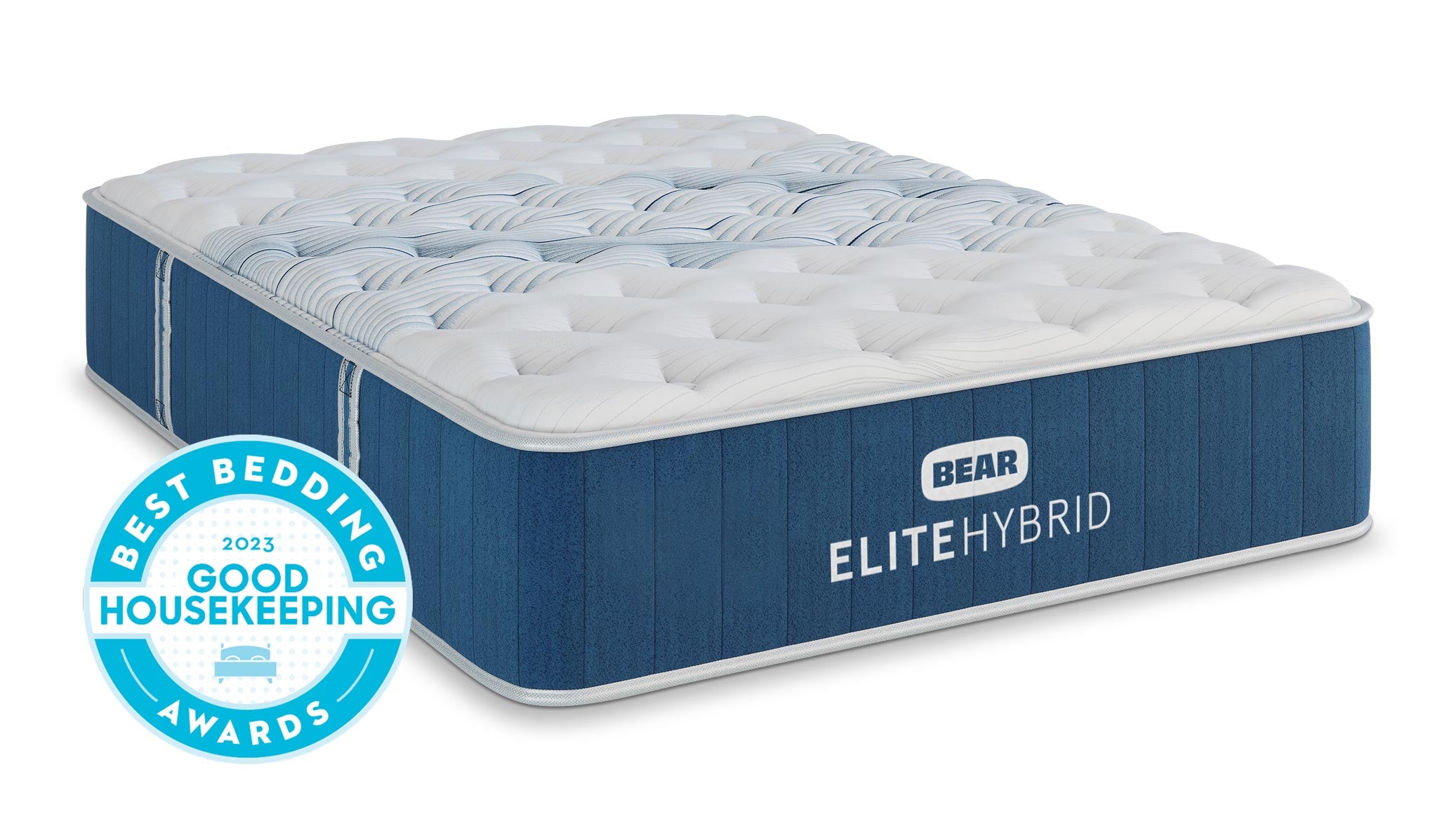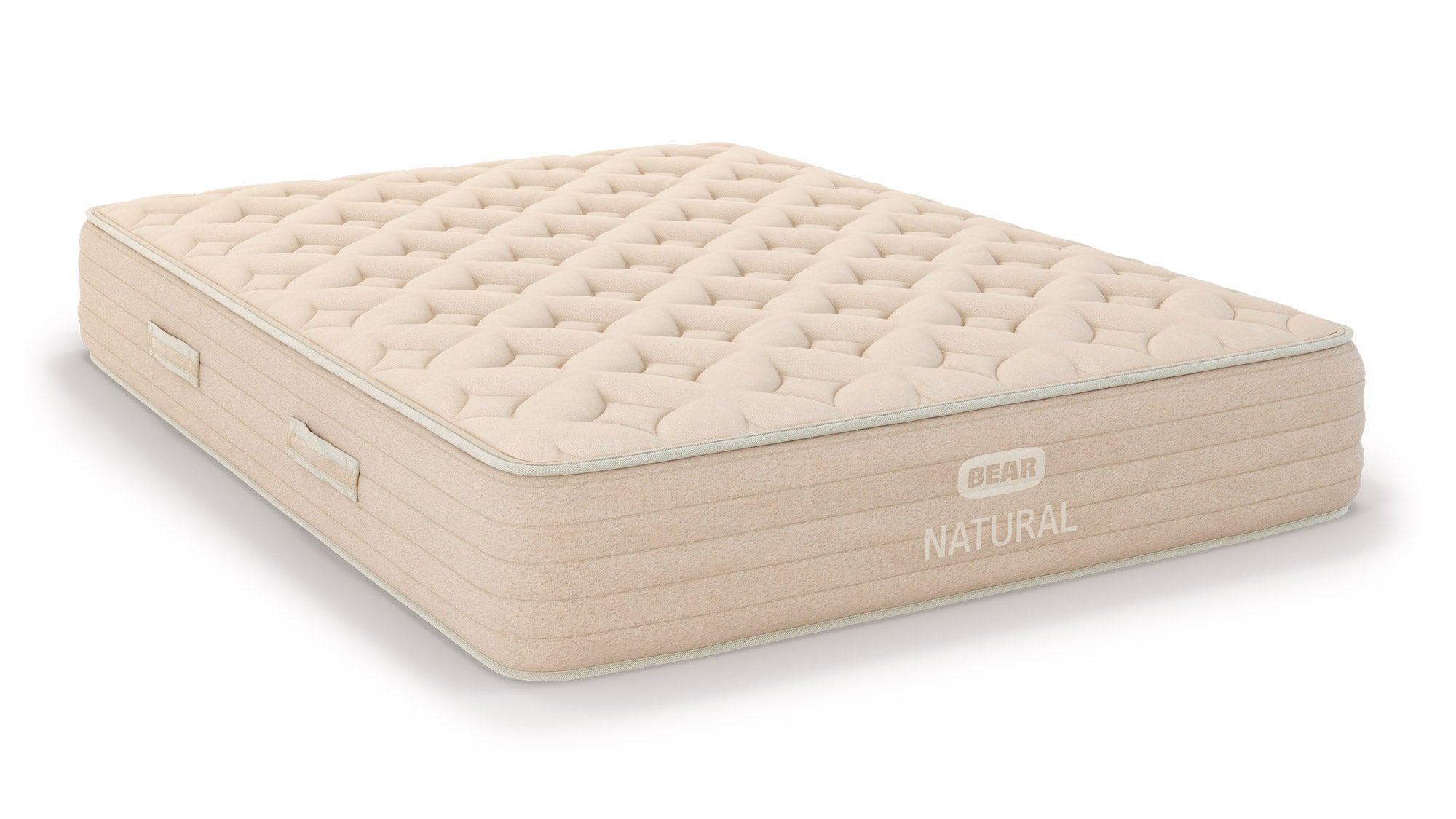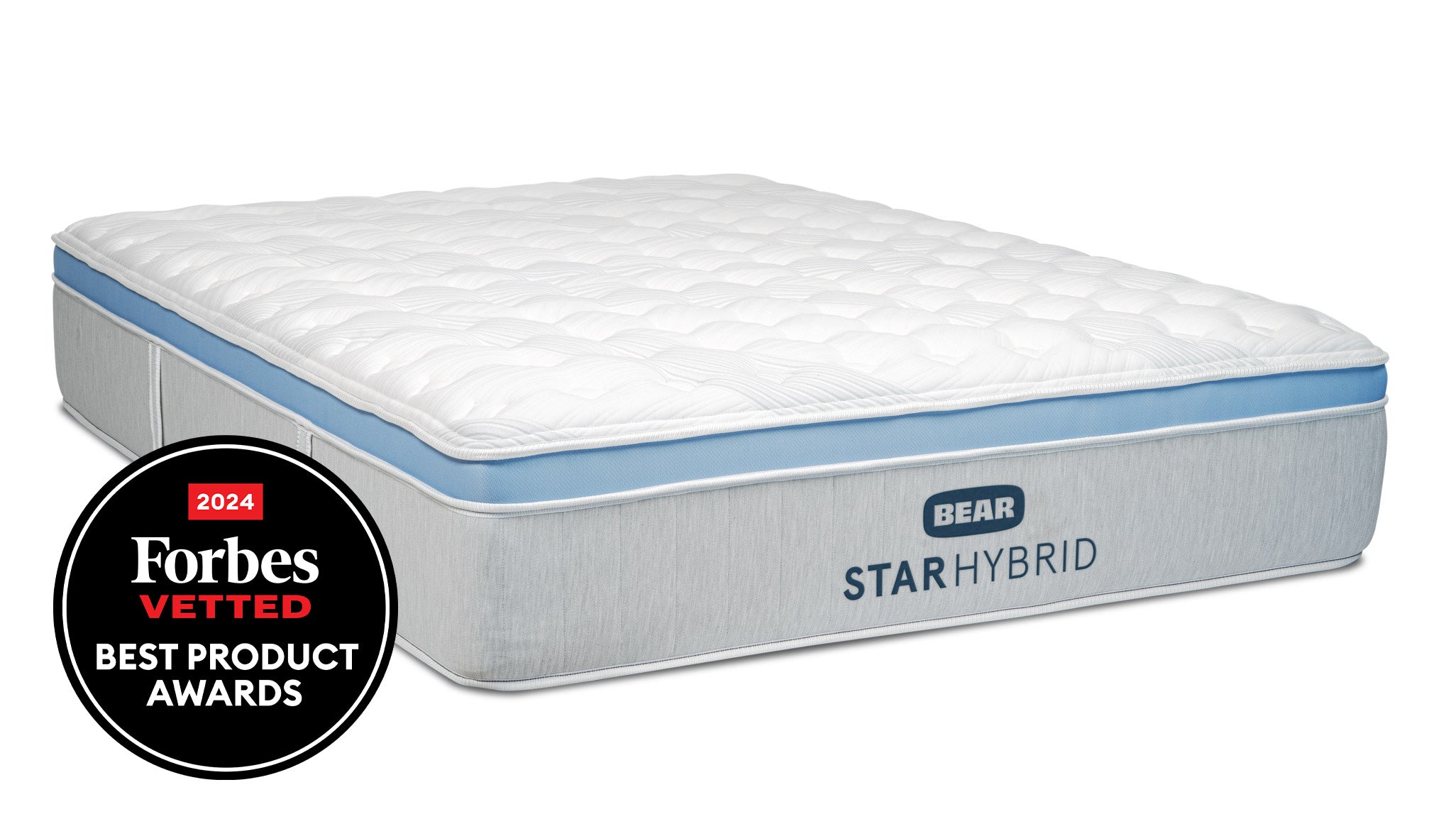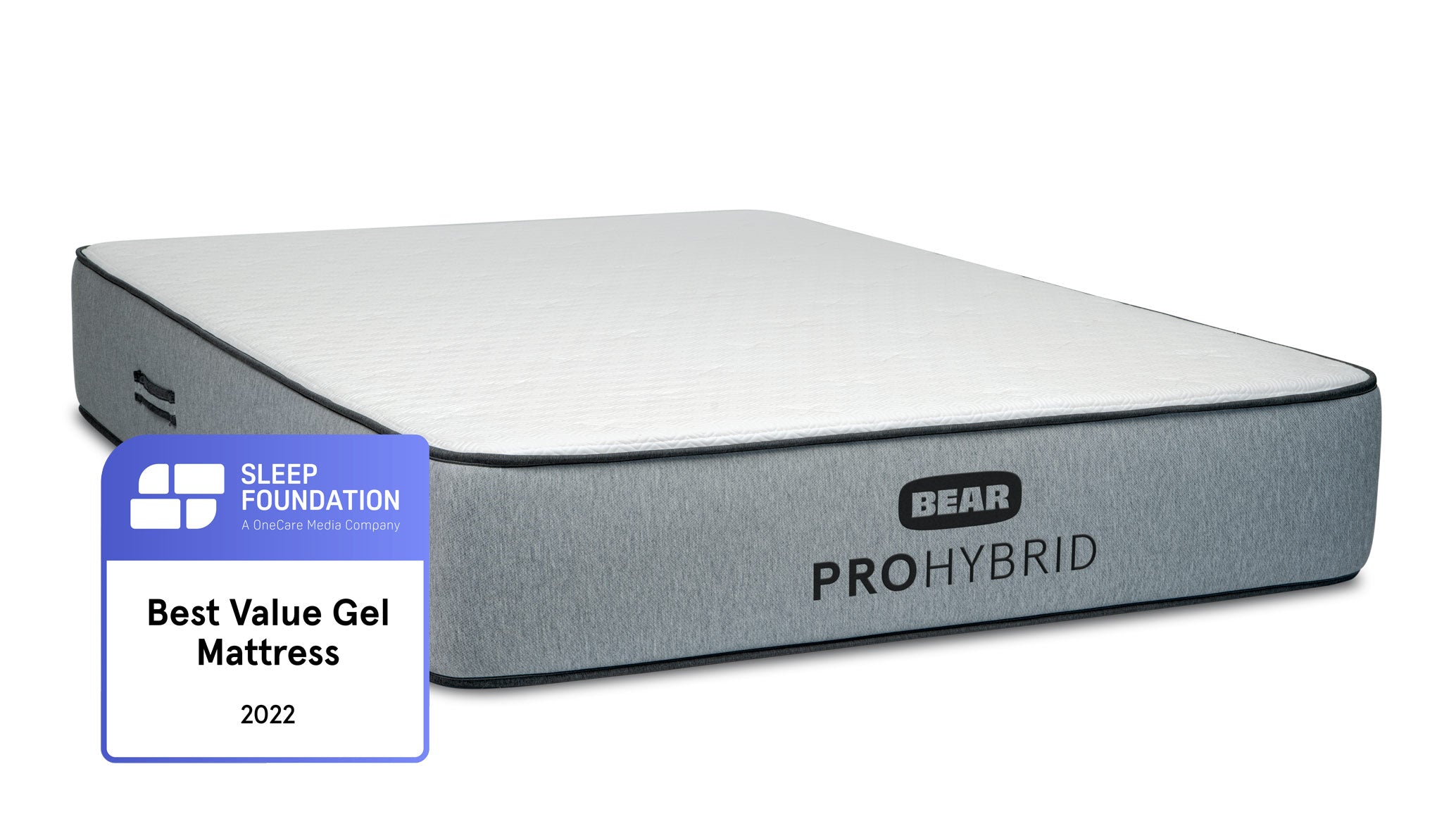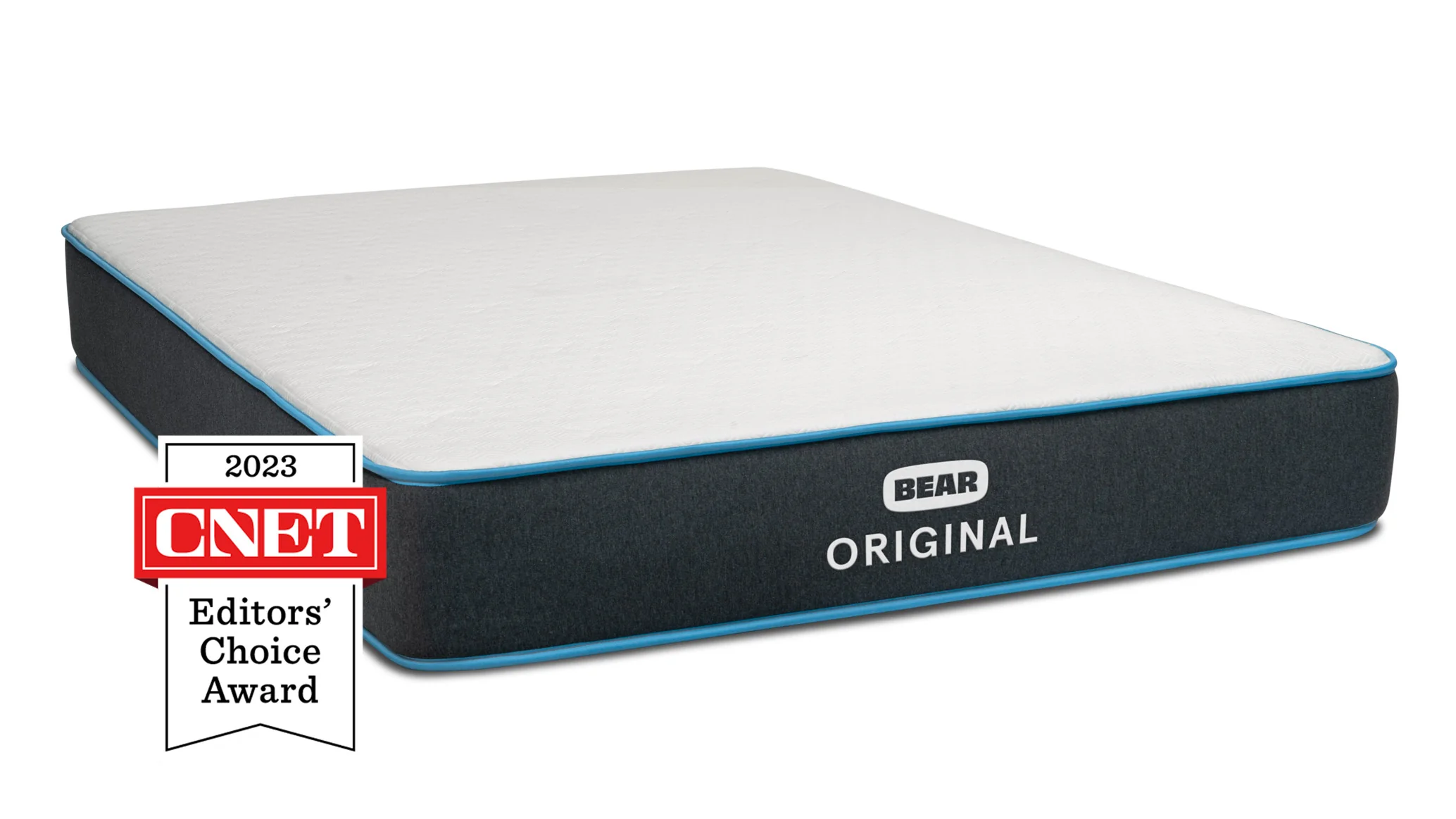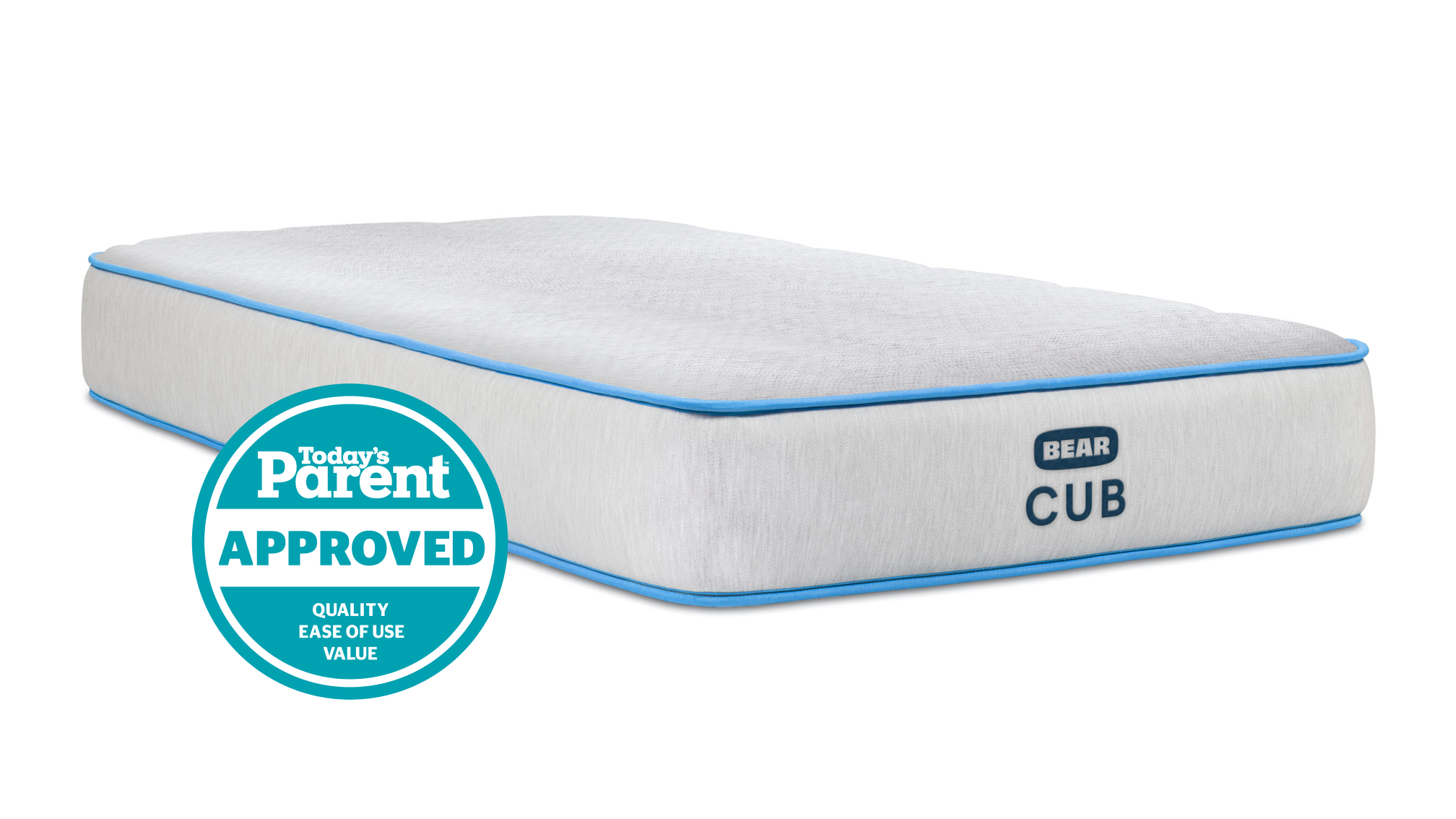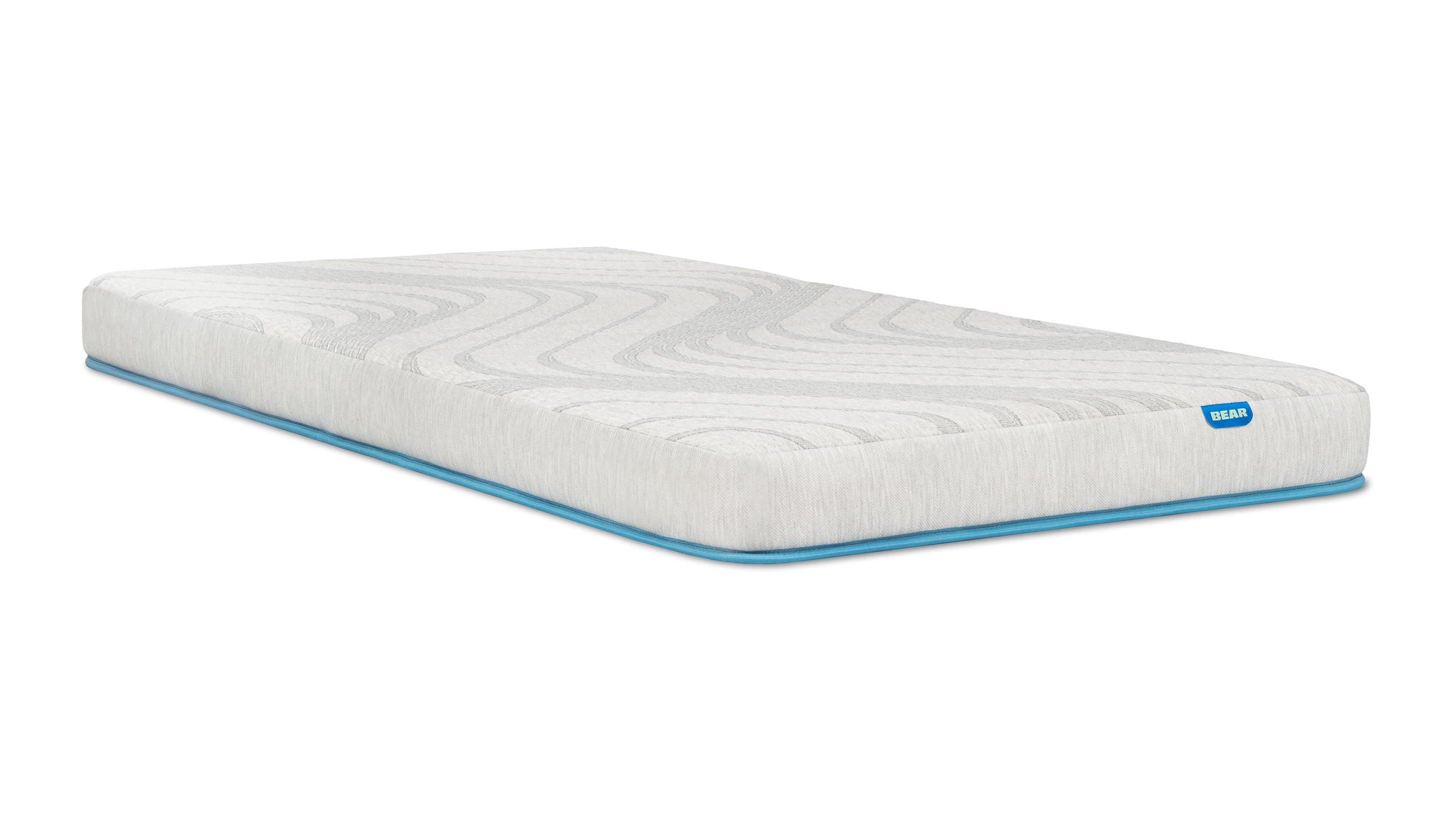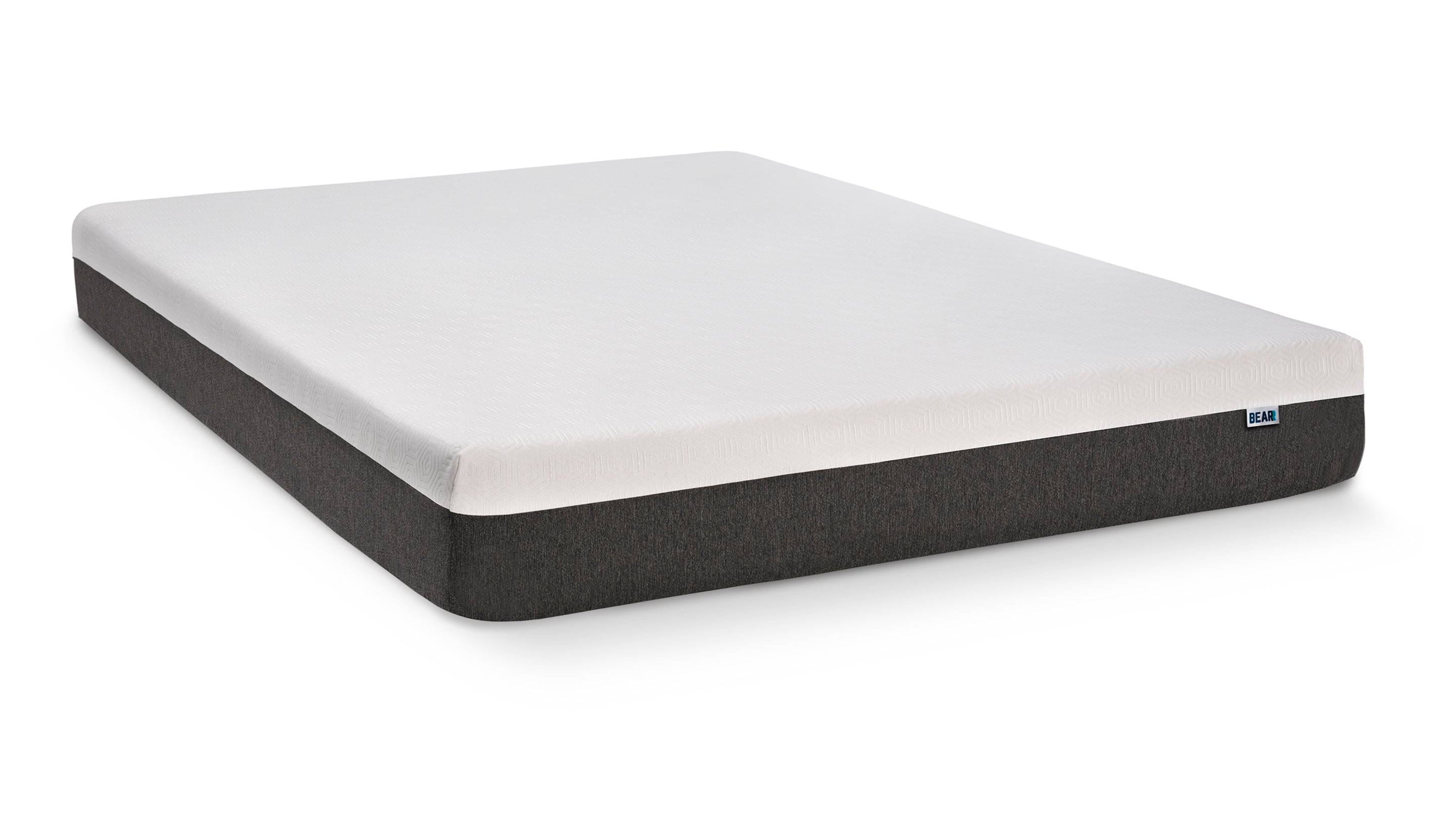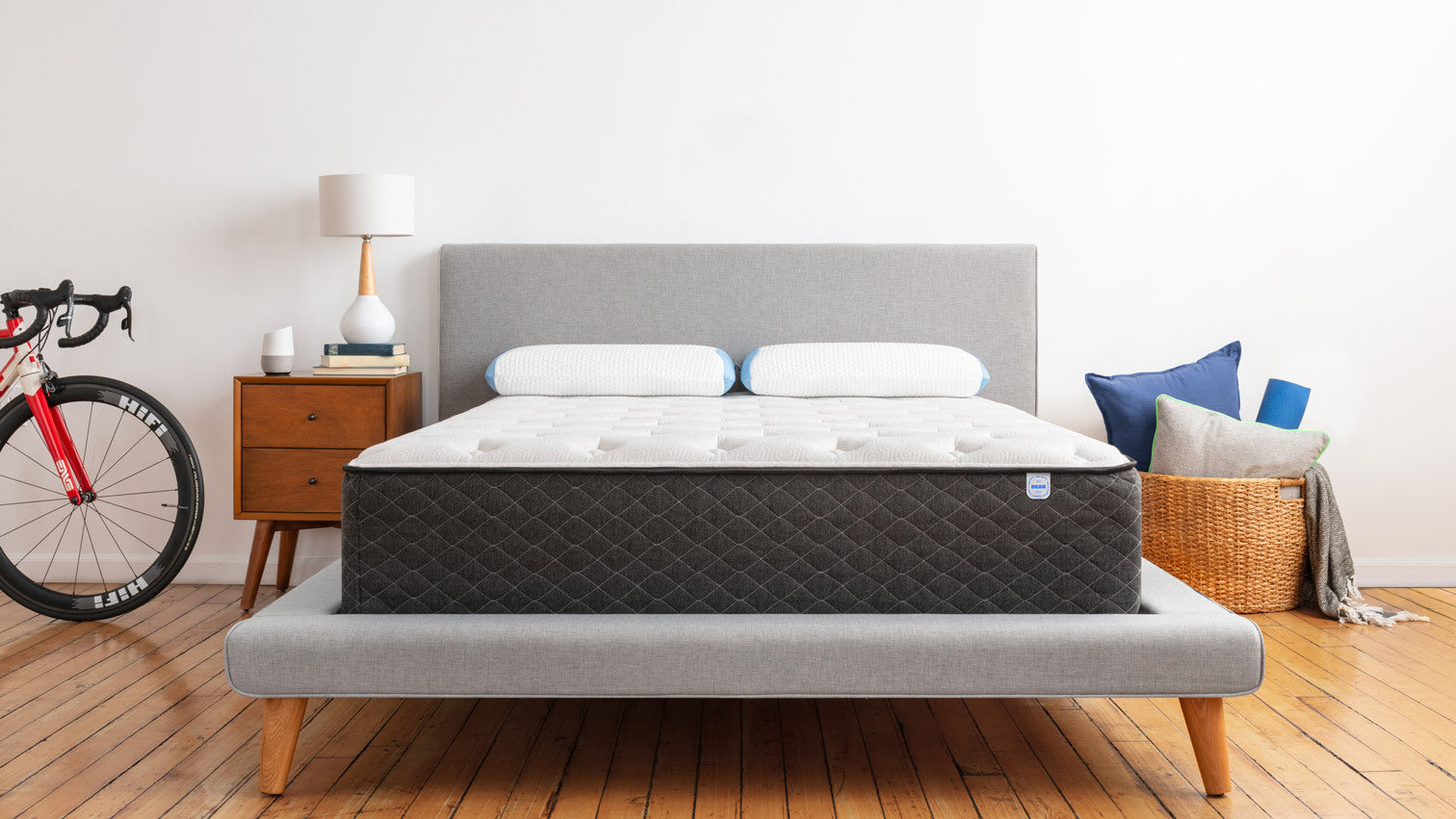If you’re an athlete or a work-out junkie, giving your body ample recovery time is just as important as your training routine — especially if you want to maximize your overall performance.
But of course, even people with less active lifestyles need to recharge their bodies and brains.
There are ample ways to incorporate physical and mental recovery into your weekly routine, such as massage, hydration, light yoga or stretching, meditation and refueling with protein and carbs.
But do you know what is — hands down — one of the best recovery methods?
You guessed it: sleep.
Why Is Recovery Important?
As an athlete, you may be accustomed to pushing your limits through conditioning and training. After all, it’s pushing these limits — both physical and mental — that eventually leads to improved personal performance.
As you know, exercise depletes energy, breaks down muscle and diminishes fluids. Every time you run a mile or weight train, you use up some of your body’s resources, and that’s okay. That’s what they’re there for.
But you can overuse your body’s resources (especially if you aren’t sleeping), which ultimately results in exhaustion in its many forms, like muscle fatigue, low energy and an inability to make good split-second decisions.
As an active individual, you want your body to be in tip-top shape, but you also want access to your full mental capacity — particularly if you’re competing. Since the central nervous system is inextricably linked to the rest of your body, not allowing time for mental recovery will negatively impact muscular function, pain response, reaction time and hormone secretion.
That’s why recovery is so important: It gives your body a chance to take a break and refuel.
But even if you’re eating, hydrating and giving your muscles a good stretch, you can’t get around the need for sleep.
Sleep Debt and Sleep Recovery
One term you may hear thrown around is “sleep debt,” or the amount of sleep you lose due to insomnia, underlying conditions or simply pushing yourself too hard.
Sleep debt and deprivation can lead to several health problems, including but not limited to weight gain, heart disease, and stroke. Lack of sleep also increases cortisol levels (a.k.a. the stress hormone) and decreases the production of glycogen and carbohydrates (a.k.a. the stuff you need for physical activity).
If you’re working out a ton but not sleeping enough, you may be doing your body more harm than good. It doesn’t matter how fit you are — sleep deprivation will kick your butt way more than any workout, and not in a good way. You’ll likely find yourself feeling weaker, slower and less coordinated.
That’s where sleep recovery comes in.
Sleep recovery is, in short, using sleep as a restoration method. For pretty much all of us, it means restoring or recharging the central nervous system. But for athletes or people who live an active lifestyle, it can also mean allowing your muscles to regenerate and restocking your energy levels.
Now, you can hop in bed, shut your eyes and hope for the best. Or, you can approach sleep much like you would conditioning and training — strategically.
In fact, we recommend being smart about your sleep because, as an athlete, you can’t afford to lose valuable sleep recovery at the risk of deteriorated performance. So, how do you make that happen?
How to Optimize Your Sleep for the Best Recovery Possible
The well-known rule of thumb is to give yourself 7-9 hours of sleep. But 8 hours of sub-par sleep isn’t going to be better than 5 hours of Sleeping Beauty-level sleep.
So even though the number of hours of sleep you get shouldn’t be ignored, it’s perhaps more worthwhile to focus on getting high-quality sleep — and there are certain steps you can take to ensure that happens.
1. Create an Ideal Sleep Environment
Many of us are guilty of burning the candle at both ends. Part of the problem is that we don’t reserve designated space in our lives for sleep.
Think about it: How often do you bring your laptop to bed to do “just a few more minutes” of work before bed? Do you scroll through social media on your phone for an hour before falling asleep? Are there weights in your room so you can squeeze in a few more reps before bed?
To start improving your sleep recovery, you need to train your body to know that your bedroom is exclusively for sleeping — nothing else.
So, don’t keep a TV in your bedroom. Banish laptops to the living room or home office. If you use your phone as an alarm clock, set time limits on it so you can’t use certain apps after a certain hour. Make your bedroom calm and cozy, and leave work, life and exercise outside the bedroom door.
2. Get a Mattress That Aids Physical Recovery
Part of creating the perfect sleep environment is making sure you have a supportive mattress that allows for adequate recovery.
Well, did you know there are mattresses and mattress materials that facilitate physical recovery?
For example, Bear uses patented Sleep Recovery Technology™. A “performance fabric” that transforms your body’s heat into waves of energy. The energy is then reflected back to you through the medium of fibers, helping to enhance faster recovery and promote quality of sleep.
How does it work? In short, these minerals recycle one’s energy. This infrared textile is used in the covers of the Elite Hybrid, Bear Hybrid, Bear Pro, and Bear Original. This unique fabric helps to increase athletic performance, more restful sleep and — you guessed it — faster recovery.
Of course, having a mattress that is well-suited for your body and sleep style is of the utmost importance if you want to optimize recovery. But the addition of textiles like this in your mattress can boost your recovery and, in turn, your physical performance.
3. Don’t Work Out Within 3 Hours of Bedtime
While exercise and training are important, particularly if you’re an athlete, working out right before bed isn’t the smartest.
According to Sleep.org, morning and early evening are the best times to exercise. But because of the boost in body temperature that results from a workout, as well as its stimulating nature, your late-night workout could interfere with your sleep.
Recovery Is Important, So Sleep Already!
When it comes to physical and mental recovery, sleep is of the utmost importance.
Admittedly, scientific studies on the role of sleep in recovery have produced varied results due to the complex nature of sleep — there are just too many variables at play to conduct a solid study. Regardless, it’s still widely hypothesized and accepted that sleep plays an important role in recovery.
While the three ways above are great for optimizing sleep recovery, there are plenty of other ways to do so, and it’s important to figure out what works well for you.
Because if you maximize recovery while you sleep, then you can go even harder tomorrow!
